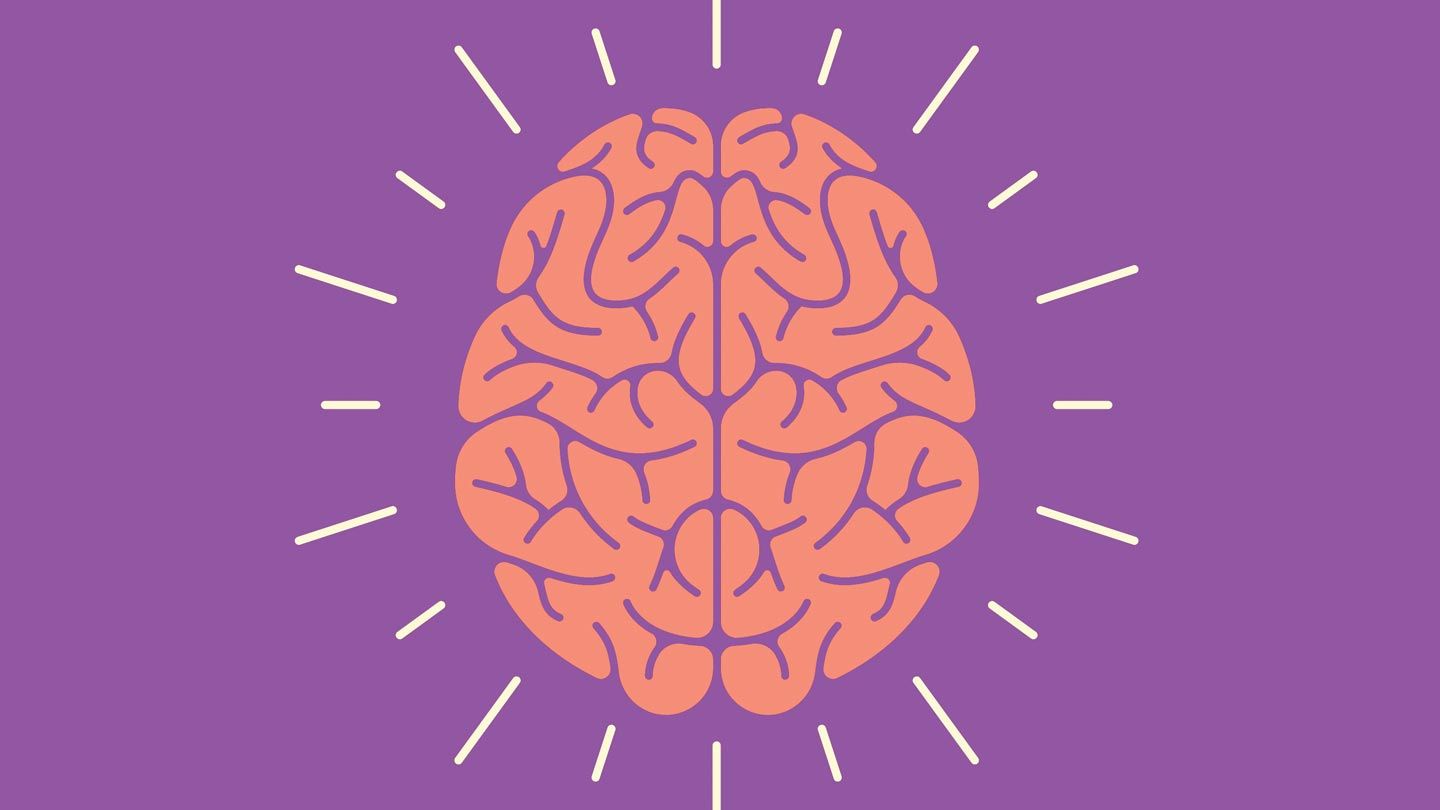Epilepsy is a neurological disorder that affects millions of people around the world each year. It is characterized by seizures and can be incredibly debilitating for many, as it often comes with a wide range of associated symptoms. In this blog post, we will explore what epilepsy is, what causes it, its possible symptoms, treatments that are available and other helpful information. We hope that this will provide a better understanding of the condition and help those who suffer from it to seek treatment in order to lead a healthier life.
What is epilepsy?
Epilepsy is a neurological condition that causes seizures. Seizures are episodes of disturbed brain activity that can cause changes in behavior, sensations, and sometimes even loss of consciousness.
Epilepsy can be caused by many different things, including genetic factors, head injuries, infections, and developmental disorders. In many cases, the exact cause of epilepsy is unknown.
Epilepsy can occur at any age, but it is most common in childhood and adolescence. Epilepsy affects people of all races and ethnicities.
There are many different types of seizures, and not all people with epilepsy will have the same type of seizure. Some people with epilepsy only have occasional seizures, while others may have frequent or even daily seizures.
Seizures can vary from mild to severe. They may last for a few seconds or minutes, or they may go on for much longer. Some people with epilepsy only have one type of seizure, while others may have multiple types.
Epilepsy is often treated with medication, but some people may also need surgery to remove the part of the brain that is causing the seizures.
What are the different types of epilepsy?
Epilepsy is a disorder of the brain that causes repeated seizures. There are many different types of epilepsy, and each type has its own set of symptoms.
Some types of epilepsy are more common than others. For example, childhood absence epilepsy is the most common type of epilepsy in children. Other types, such as temporal lobe epilepsy, are more common in adults.
Epilepsy can also be classified by the cause of the seizures. If the cause is unknown, it is called idiopathic epilepsy. If the cause is known, it is called symptomatic epilepsy.
There are many different types of seizures, and not all seizures are the same. Seizures can vary in intensity and duration, and they can occur with or without warning signs. Some people with epilepsy only have occasional seizures, while others have frequent seizures that can be disabling.
What are the symptoms of epi epilepsy?
There are a variety of symptoms that can be associated with epi epilepsy, and they can vary from person to person. Some of the more common symptoms include:
-Seizures: This is the most well-known symptom of epi epilepsy, and it is characterized by convulsions or periods of unconsciousness.
-Aura: Some people with epi epilepsy will experience an aura before a seizure, which can include visual changes, headaches, or a feeling of uneasiness.
-Postictal state: After a seizure has occurred, some people will experience a period of confusion or drowsiness.
How is epi epilepsy diagnosed?
There are a number of ways that epi epilepsy can be diagnosed. The most common method is by EEG, or electroencephalography. This test measures the electrical activity of the brain and can often times detect abnormalities that may be indicative of epi epilepsy. Other methods of diagnosis include brain imaging techniques such as MRI or CT scan, as well as blood tests and genetic testing. A diagnosis of epi epilepsy is typically made by a neurologist or other specialist trained in diagnosing this condition.
What are the treatment options for epi epilepsy?
There are a variety of treatment options available for those who suffer from epilepsy. The most common form of treatment is medication, which can help to control the seizures. Other options include surgery, which can be used to remove the part of the brain that is causing the seizures, and electrical stimulation, which can help to control the seizure activity.
Conclusion
Epilepsy is a serious condition that can cause seizures, but it doesn’t have to be a life sentence. With proper medical care and treatment, many people with epilepsy are able to manage their symptoms and live full and productive lives. If you or someone you know has been diagnosed with epilepsy, don’t hesitate to reach out for help. There are plenty of resources available to support those living with the disorder so that they can lead healthier, happier lives.

